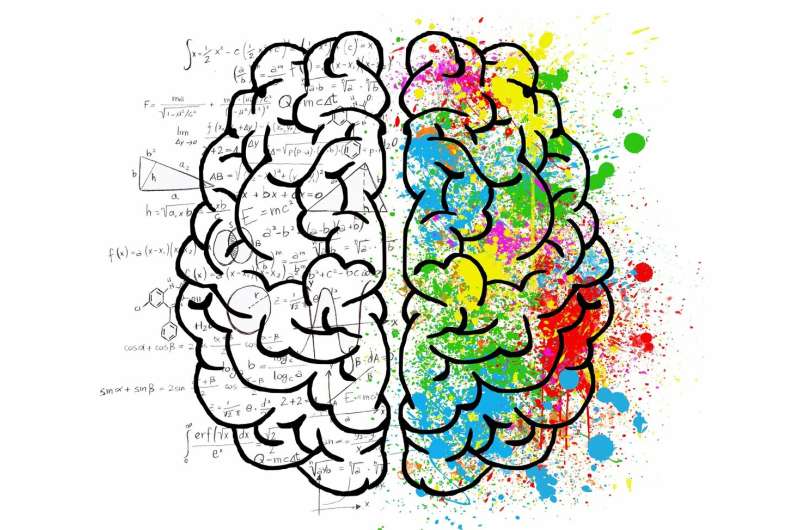This article has been reviewed according to Science X's editorial process and policies. Editors have highlighted the following attributes while ensuring the content's credibility:
fact-checked
peer-reviewed publication
trusted source
proofread
Robust memory of a previous event shown to prevent new flexible memories from being formed

Researchers at the MRC Brain Network Dynamics Unit in Oxford's Nuffield Department of Clinical Neurosciences have discovered a new neuronal mechanism in the hippocampus, that prevents new "flexible" memories from being formed due to a past "robust" memory.
The paper, "Organizing the coactivity structure of the hippocampus from robust to flexible memory," is published in Science.
Memories inform our everyday actions and guide our behaviors. However, when new memories are formed, they're not made against a blank slate, but against the backdrop of our prior experiences. So, what if consecutive memories exert opposing demands on the brain? For example, can a robust memory of a previous salient event prevent an individual from forming a new related memory that would require flexible updating?
Researchers at the Dupret laboratory used "food-context conditioning" to train mice over several days to acquire a robust contextual memory by offering them a choice of high-fat foods or their normal chow pellets in different environments. They then measured the ability of the mice to continually keep track of objects placed in their environment: remembering old objects and exploring new ones.
Results showed the mice with robust memory of high fat foods failed to distinguish new objects placed in their environment, demonstrating how a robust contextual memory can prevent the formation of new memories. The robust memory recruits a steady number of nerve cells, a hiring process that later blunts the formation of new flexible memories.
The team also highlighted how the diversity of the hippocampal neurons' population is crucial to the formation of everyday memories, including robust ones. It is the structure of the activity pattern between these neurons that impacts how new information is stored in memory.
Researcher Dr. Giuseppe Gava commented, "We find that overly robust memories, supported by hippocampal neurons synchronizing their activity like choristers reciting a melody, are not susceptible to be updated by new information. Like singers too immersed in the melody they're carrying, they can't pick up new tunes."
The combination of findings suggests a trade-off between robust and flexible memory computations, explaining why individuals may struggle to adapt their behavior in certain situations due to strong contextual memories impacting on the present.
Professor David Dupret concluded, "The mechanism described in this study highlights the importance of exploring how nerve cells cooperate to support brain functions. Here, we reveal the cellular underpinnings of the interference between memories with different requirements. This has relevance to future research work exploring how to mitigate the effects of pathological memories."
More information: Giuseppe P. Gava et al, Organizing the coactivity structure of the hippocampus from robust to flexible memory, Science (2024). DOI: 10.1126/science.adk9611




















